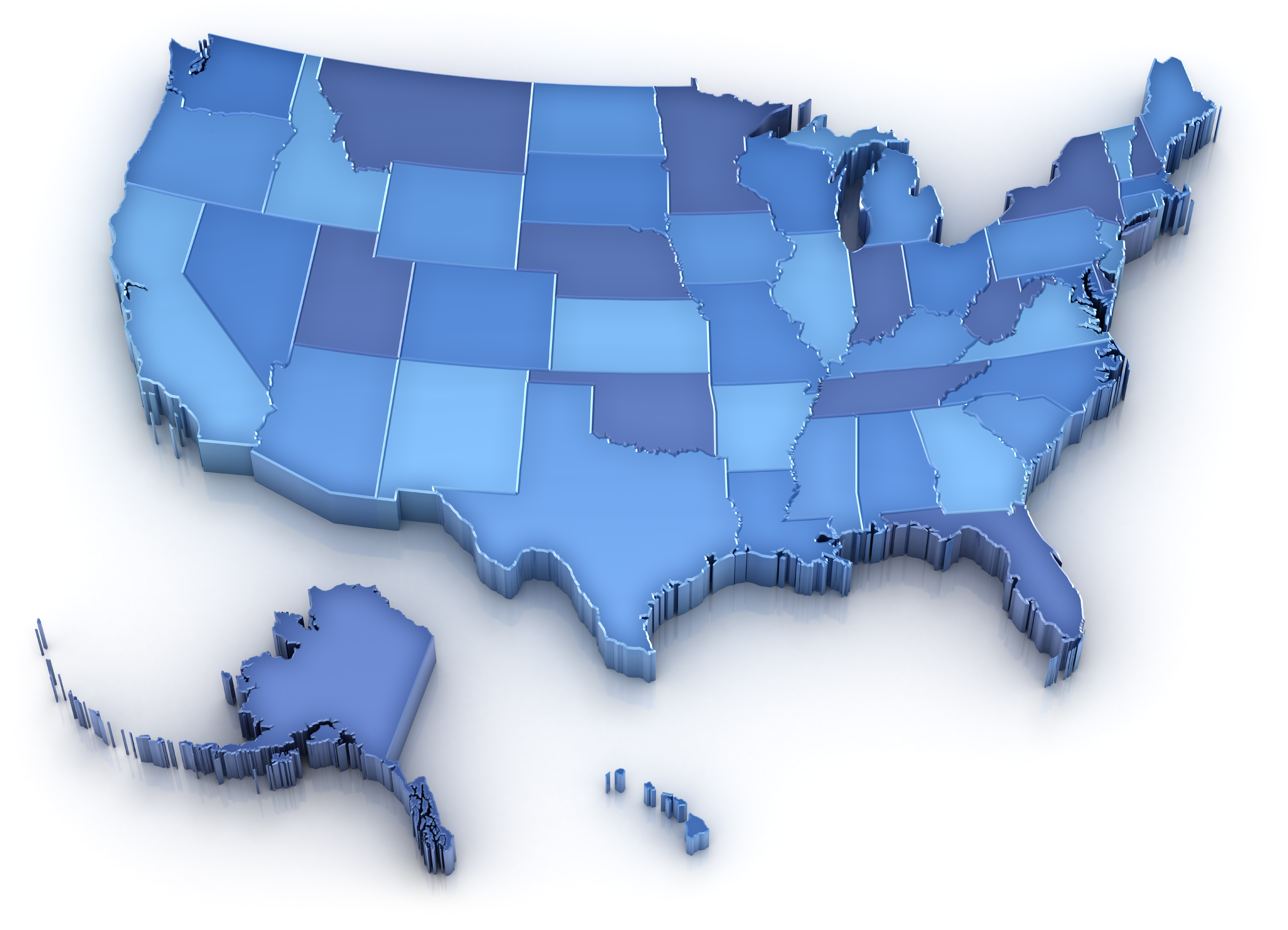
In March 2021, AbbVie, Inc. and AbbVie Biotechnology Ltd. (“AbbVie”) sued rival pharmaceutical company Alvotech hf. (“Alvotech”) for trade secret misappropriation under the federal Defend Trade Secrets Act (“DTSA”) and the Illinois Trade Secret Act. In May, Alvotech filed a motion to dismiss the Complaint for both failure to state a claim and lack of jurisdiction. And just a few days ago, the North District of Illinois Court issued an order finding that it lacked jurisdiction over AbbVie’s causes of action, and dismissed the case.
Since its enactment in 2016, the DTSA has become a powerful tool for companies seeking to protect their intellectual property from theft and misappropriation. But the jurisdictional rules of U.S. federal law limit this statute’s reach, as AbbVie has just learned. Companies with business both inside and outside of the United States must carefully consider the facts of the alleged misappropriation—and specifically for these purposes, where the misappropriation occurred, and where its effects will be felt—before spending the time and resources on litigation that is forestalled at such an early procedural step.
For purposes of this motion, all of the allegations in AbbVie’s Complaint were assumed to be true, and the Court still concluded that it lacked jurisdiction. AbbVie alleged that it manufacturers the drug Humira in Puerto Rico, and that Alvotech is located in Iceland and has no ties to Illinois. AbbVie alleges that Alvotech induced an AbbVie employee who was working at the company’s Singapore office to steal its trade secrets related to Humira, and then that Alvotech hired that same employee so that it could manufacture a biosimilar drug in an Icelandic facility. And AbbVie alleges that Alvotech’s biosimilar drug will not be distributed to and sold in Illinois by Alvotech, but instead by Alvotech USA, “a domestic corporation separate from Alvotech hf.”
The Court held that based on these facts, the Federal Court sitting in the Northern District of Illinois lacked personal jurisdiction over the Icelandic defendant corporation. The Court stated that “Alvotech’s illegal acquisition of trade secrets from AbbVie’s Singapore facility through the thievery of AbbVie’s Singapore employee for Alvotech’s use in Iceland is far too attenuated to allow personal jurisdiction over the Icelandic corporation.” The court quickly dismissed that the Complaint alleges that Alvotech USA will sell the biosimilar product in Illinois because it is “a separate domestic corporation” from the defendant. And the Court rejected a “stream-of-commerce” theory, whereby the Illinois federal court has jurisdiction because the biosimilar drugs eventually arrive in Illinois through commercial activity, because the misappropriation “occur[s] long before [the] counterfeit product comes into the hands of a consumer, so . . . the connection between [the misappropriation and the consumer’s receipt of the product] is too attenuated to establish specific jurisdiction.”
The case immediately raises two questions. First, why did AbbVie not include Alvotech USA as a co-defendant, and what stops them from repleading with Alvotech USA as a co-defendant? Based on the Opinion, these few additional allegations would address the jurisdictional concern. Second, will this decision lead to more appellate attention to the question of the DTSA’s jurisdictional reach? Other district court’s have held that “obtaining access” to trade secrets “through at least one third-party” with a U.S. footprint is enough for jurisdictional purposes. And another Court within this same district has stated that “advertis[ing], promot[ing], and market[ing] products embodying the allegedly stolen trade secrets” in the U.S. is enough. The lack of clarity on what type of jurisdictional touch is enough should eventually be clarified at the appellate level in order to ensure clear expectations for businesses.